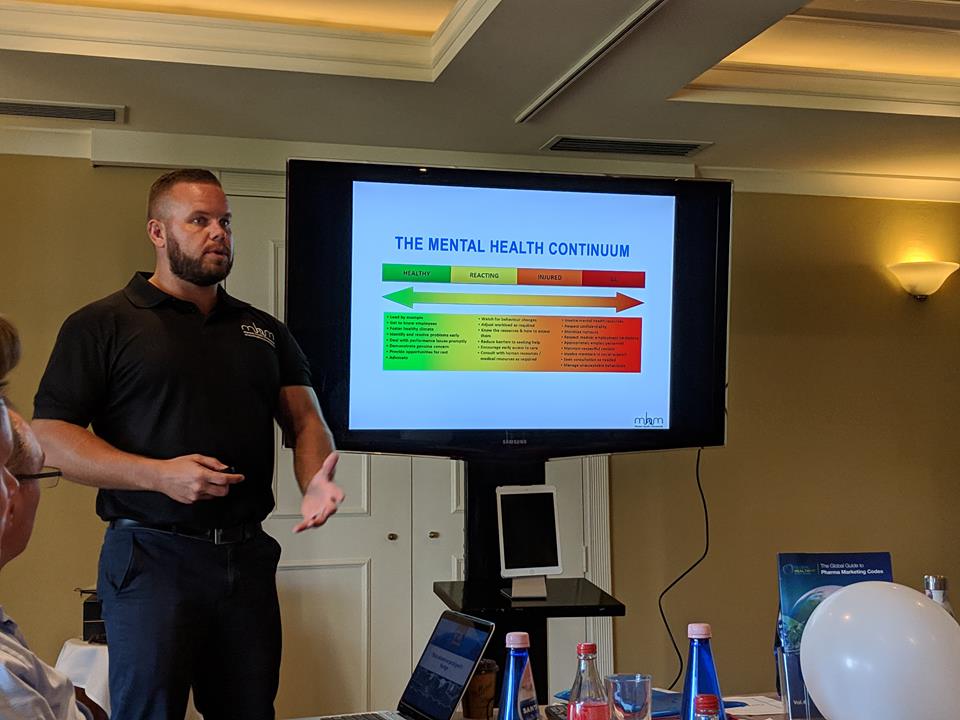Featured
Former NRL Player, Dan Hunt reinforces the importance of living a purposeful life to Team VIVA!
At our recent annual workshop staged at Lilianfels Resort & Spa, Blue Mountains, NSW between 17-18 January, 2019, we reflected on our PR agency’s achievements over the past year and discussed strategies to enable us to move forward in 2019. During our workshop, former NRL star and guest speaker, Dan Hunt, 32, took us on…
Read MoreThe do’s and don’ts of office productivity
Do embrace a collaborative and diverse workplace culture Organisations that succeed display strength of combined diverse expertise by harnessing each team member’s strength to boost productivity. Let everyone’s true colours shine. Let the creatives be creative and lets the nerds be the nerds. If everyone had the exact same skill set, the potential output of…
Read MoreResearchers uncover the effects of aroma on making food selections
An American research team have uncovered the effect of aroma when people make the selection between healthy and unhealthy food. Researchers from the marketing department at the University of South Florida in Tampa set out to understand how food-related ambient scents affected food choices. The team found people exposed to an unhealthy food aroma for…
Read MoreResearch team finds chaotic proteins hold the key to understanding cancer cell growth
New research has revealed chaotic swings of protein concentrations keep the immune system functional and thus allow it to stave off chronic diseases such as cancer and diabetes. Modern research has attributed the development of cancer cells to faulty mechanisms at play in the immune system, or breakdowns in what medical experts call “signalling pathways”.…
Read MoreBrain training app “significantly” improving attention skills
A brain stimulating phone app developed to improve concentration has been found to enhance attention skills so significantly its effects have been compared to prescription medication. The brain training app, called Decoder, was developed by a research team from the Department of Psychiatry at the prestigious University of Cambridge in the UK. In testing its…
Read More




